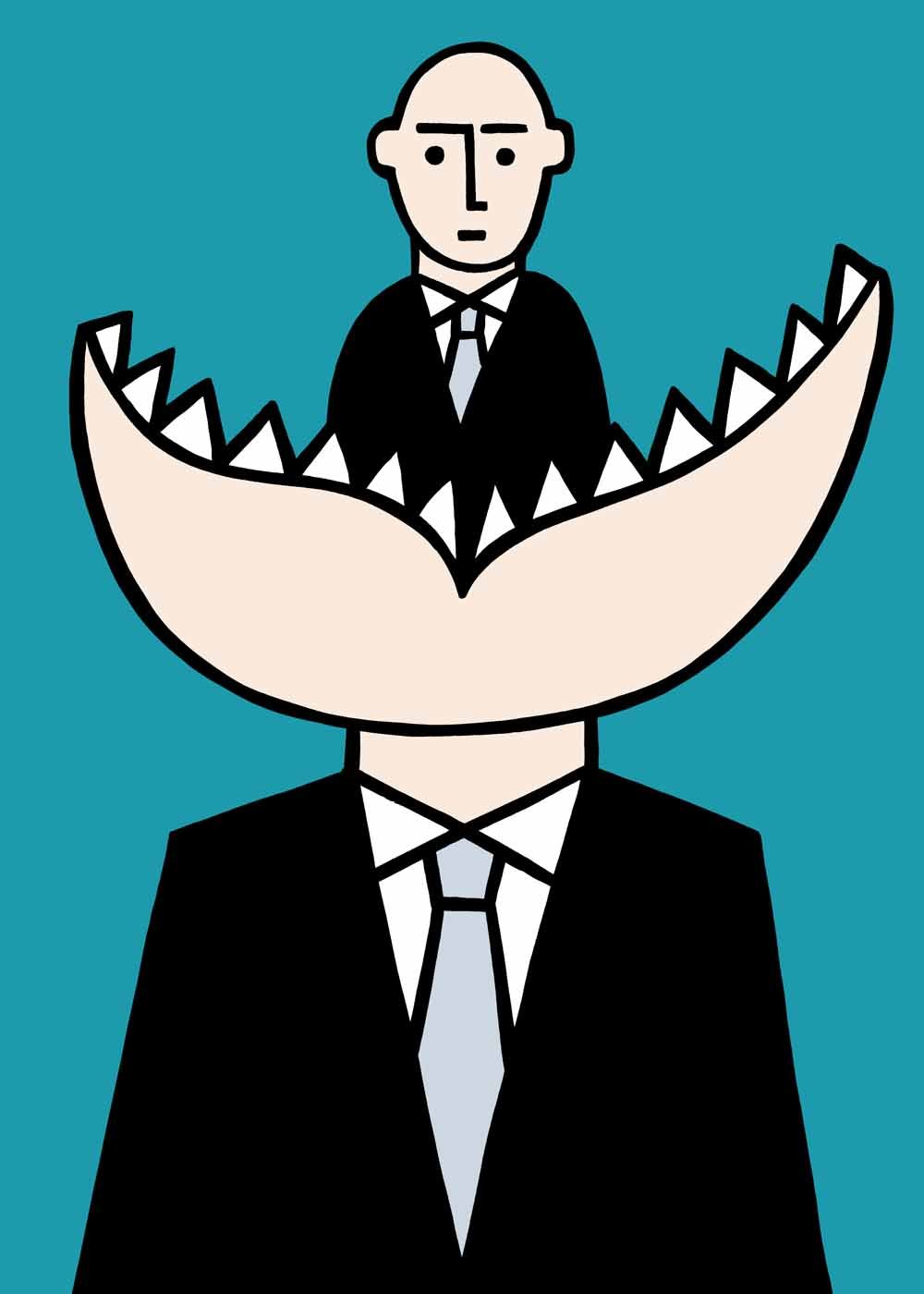Gebrauchsgraphik magazine, March 1967
The reason companies stop growing, teams fall apart, and founders burn out is a clash between the old form and the new one.
What’s so great about solid structure? It gives you protection, comfort, and other good things. But only for one specific kind of content inside—and within a specific context around it.
Take, for example, the hard calcium shell of a bird’s egg. It’s a perfect incubator: it shields the embryo from impact, bacteria, and dehydration; it holds a stable microclimate and lets in oxygen.
But that harmony doesn’t last forever.
Once the chick is fully developed, that same incubator becomes a prison. And here’s the wild part—the parents don’t help it break the shell. The chick has to do it alone. That’s how it proves it’s alive and ready. In doing so, it builds strength and triggers essential hormonal and neural mechanisms.
Same structure. Yesterday it was heaven. Today it’s hell.
What does that feel like in a company? Processes start to stall. People feel cramped, stifled, bored. Mobility drops. Vulnerability to "predators" goes up.
If the founder doesn’t see the real problem, he’ll usually:
Ignore the warning signs for a while
Keep patching the cracks in the shell
Bring in outside help for a pseudo-transformation
That last one is a ritual simulacrum—a performance of change with no real shift. The fire was lit, the drums were beating, but nothing old was released and nothing new was born.
Worse, the next day brings bitterness, despair, and cynicism.
Want your business to grow? Look at where you’re holding it back.
Sincerely yours,
-Alexander
About me:
As a business therapist, I help tech founders quickly solve dilemmas at the intersection of business and personality, and boost company value as a result.
How can I help you?
If you've long been trying to understand what is limiting you and/or your business and how to finally give important changes a push, then The Catalyst Session is designed specifically for you. Book it here.





















